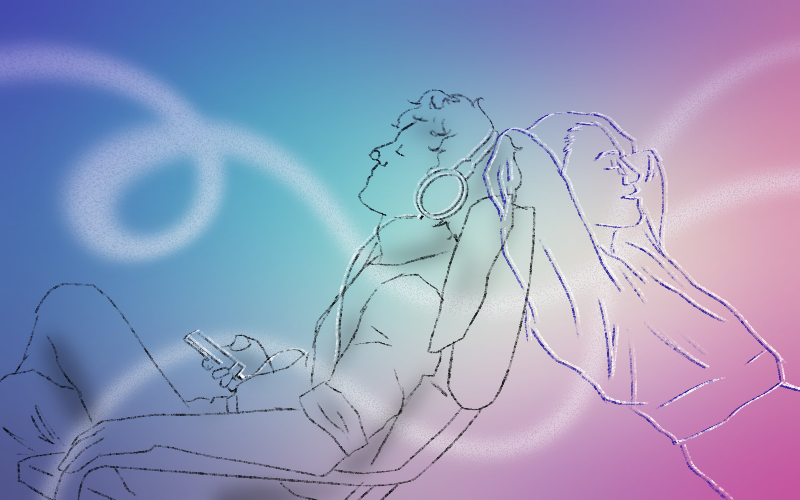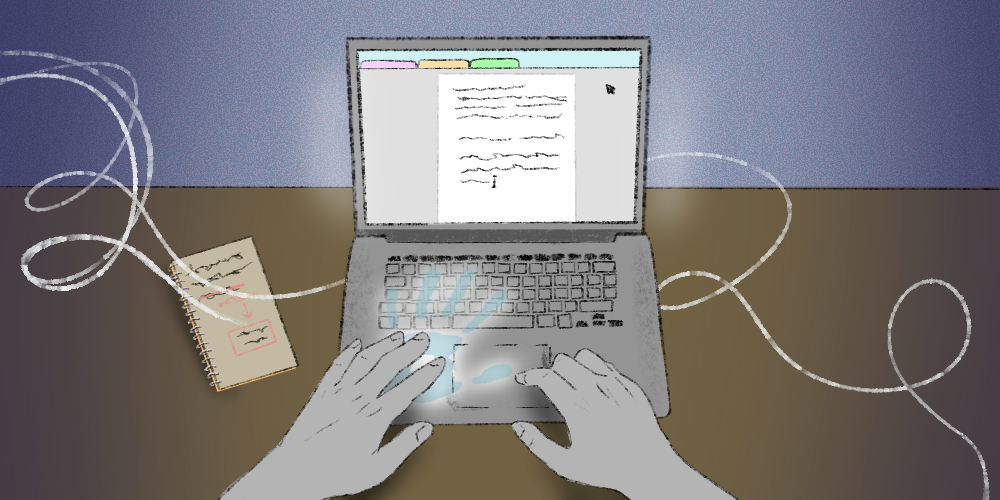A few weeks ago, I contacted an old friend, Patricia, to inform her that my new novel, Lester Lies Down, was about to be published. I’ve known Patricia since the summer of 2005 when we attended the Southampton Writers’ Conference and were in the same fiction workshop led by Melissa Bank. A few days later Patricia replied, stating how happy she was about the publication of my new novel. At the very end of the email, she said, “Not sure if you have heard, but Melissa Bank died a couple days ago.” I was unaware of this sad news, so my head began to spin as I slowly processed the news of a friend’s untimely death.
I thought of Melissa Bank during the conference that year, especially those days of our fiction workshop. If you have never attended a writers’ conference, then thinking of a summer camp for writers will give you a general idea of the environment. Every day, there are scheduled activities, readings, craft classes, and panel discussions, but the heart of the conference is the workshop where approximately 12-15 attendees meet every other day with an established writer to discuss the attendees’ work in their specific genre: fiction, poetry, creative non-fiction, and drama. Meals are served daily and there are cocktail hours every afternoon. The atmosphere is loose, friendly, and upbeat. You meet lots of people, fellow writers, but the people you spend most of your time with are in your workshop, including your leader.
When I thought of Melissa Bank during that conference I remembered a very kind, supportive, generous, genuine, and, of course, funny human being. She always had a smile on her face. And during the times she and I had small conversations, she acted as if we were old friends — so friendly and warm. I remember also during our first workshop how intrigued she was with my name, James Ladd Thomas, especially my middle name. Its origin? The nickname of my maternal grandfather. His real middle name was Lester. She wanted to know if anyone ever called me James Ladd. “Yes, my family and a few old friends.” For the rest of the conference, Melissa called me James Ladd, in our workshop, at meals, and cocktail hours. Our eyes would meet, a smile would bloom on her face, and a hand would give a little wave, followed by, “Hey, James Ladd.” I remember contacting Melissa right after I published my novel Ardor in 2012, seven years after our time together at Southampton. She told me how happy she was for me, that she was inspired by my passion for writing, and that most workshop students stop writing after a few years. Those memories bring tears to my eyes.
A few days later I made the decision to reread Melissa Bank’s most successful novel, The Girls’ Guide to Hunting and Fishing. That book was the reason I had applied to the conference; I wanted to meet and study with the writer who wrote that book. I was enamored of that novel from the very first time I read it, so much so that I hungrily reread the novel twice more within a few months. However, this time when I sat down with GGHF I could not remember the last time I read it. Also, I decided to purchase the Audible format with Melissa reading the chapters. I wanted to be transported back to that world, and I wanted to hear Melissa’s voice again. Sometimes when you reread a favorite book that you haven’t read for several years, there is a sense of disappointment because the work doesn’t live up to the memory of so many years ago. We change, we grow, thus are different people than we were when we were so taken with that book’s world. This was not the case with The Girls’ Guide to Hunting and Fishing. Once again, I was enthralled with Jane Rosenal, the novel’s main character, a novel that is fourteen interlinked short stories that follow Jane from the age of 14 until her mid-30s. The reading and listening experiences were delightful. I was suddenly in Jane’s world while thinking of Melissa’s kindness and compassion.

After finishing the novel, I considered what made the novel so good. The story is certainly literary since we are shown what it means to be in Jane’s world, which is written so well that we gain knowledge of what it means to be a human being. The number of insights is astounding. Jane confronts being a daughter, her parents’ relationship, being a sister, her brother’s maturity, her brother’s views on relationships and sex, her own blossoming sexuality, men’s interest in her as she sexually matures, boyfriends and her relationships with them, mental disabilities, sexism, disrespect, cultures, jealousy, alcoholism, the love she finds with a man nearly 30 years her senior, and most importantly — love and the desire for love. Sometimes there are two, three, four insights woven through one sentence. A tour de force of honest and accurate insights from the perspective of a young New England woman.
I remember reading years ago how some people viewed GGHF as rather soft and lite. Some considered it Chick Lit, a derogatory term from the 1990s and early 2000s to describe stories about young women and their relationships. The term is rather sexist when used to describe all fiction concerning young women and their romances. Labeling GGHF as Chick Lit is easy to dispel when you consider its literary elements, themes, characterizations, and use of language. However, I’ve heard many times that GGHF is lite fare because of how hard it leans into its humor. If you want to have your work be considered serious, have meaningful insights, and have literary weight, then you shouldn’t need to rely on humor. It’s the age-old axiom. “Life ain’t funny, son!” GGHF is very funny, a smorgasbord of rapier wit. It elicits chuckles, giggles, and eye-scrunching laughs. The humor is the heart of this beautiful novel’s soul with its metaphors, similes, wordplay, and analogies. More importantly, Jane uses humor to combat the brutality of our everyday world. In short, the complexities of life are full of pain, and one of the best ways to process these complexities, this pain, is to laugh right in its face. Many of us learn that being able to laugh at the absurdity of life is a good bullet to have in our holster. And I would posit one more radical idea: Writing good humor is difficult. Melissa Bank made humor look easy, in her work and her real life. She was a natural, gifted in the art of humor. Faulkner stated, “A writer must teach himself that the basest of all things is to be afraid.” Melissa Bank showed us that one may use the sword of humor to slay the cruelty of life.
I realized one more aspect of Melissa Bank’s work when I finished reading GGHF recently. I surprisingly understood how much my own work has been influenced by that novel. For the first time, I saw that my use of humor is an attempt to emulate Melissa’s humor, though the attempt is futile. Like GGHF, the chapters of my novels read like short stories which provide insights into the protagonists and their worlds. I admired Melissa’s fiction so much that I wanted to write like she wrote. I can think of no better legacy for a writer than having people admire your work so much that it influences how they write. Melissa Bank was a literary artist. With her passing, the world is a little less bright, a little more desolate, but we will always have the art of The Girls’ Guide to Hunting and Fishing, its sparkling humor, its optimism, and the hope that living in this world is truly a joyful experience.•




